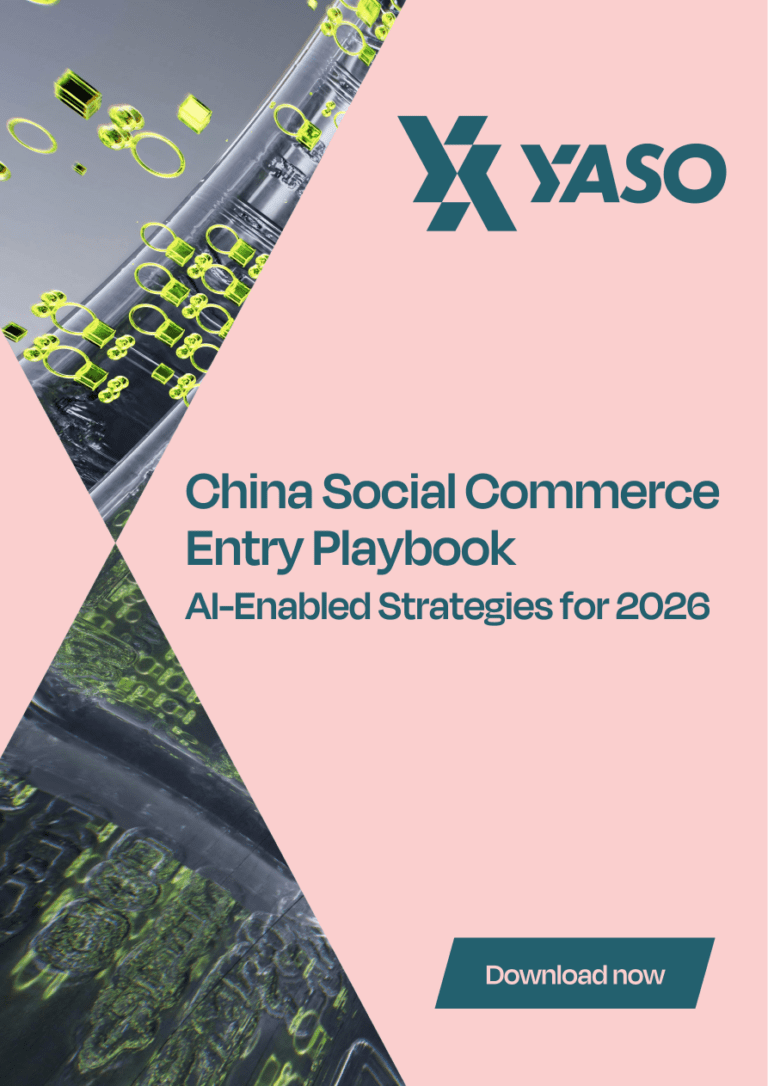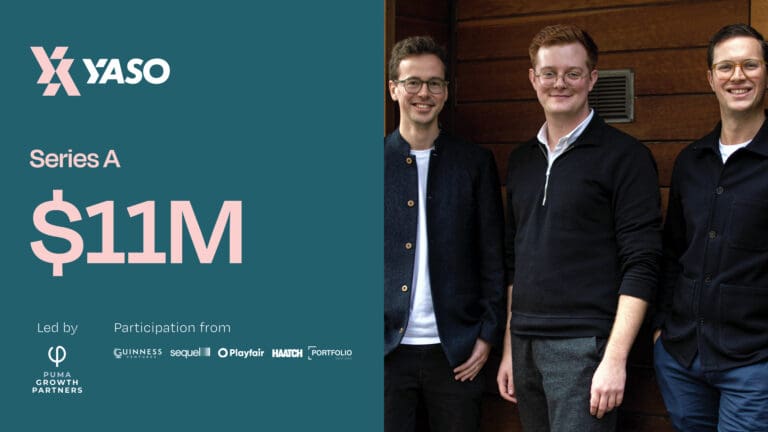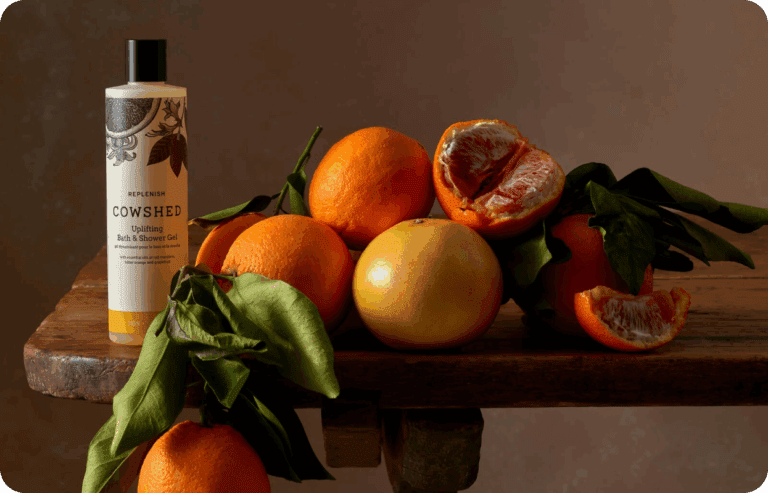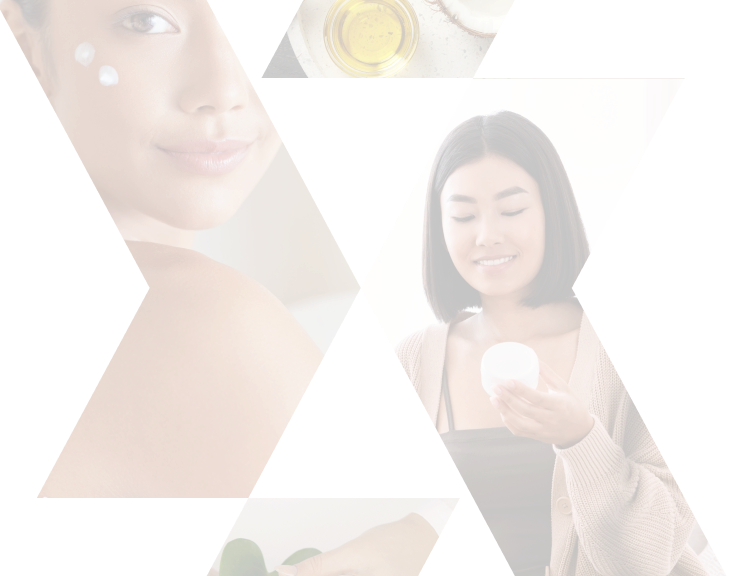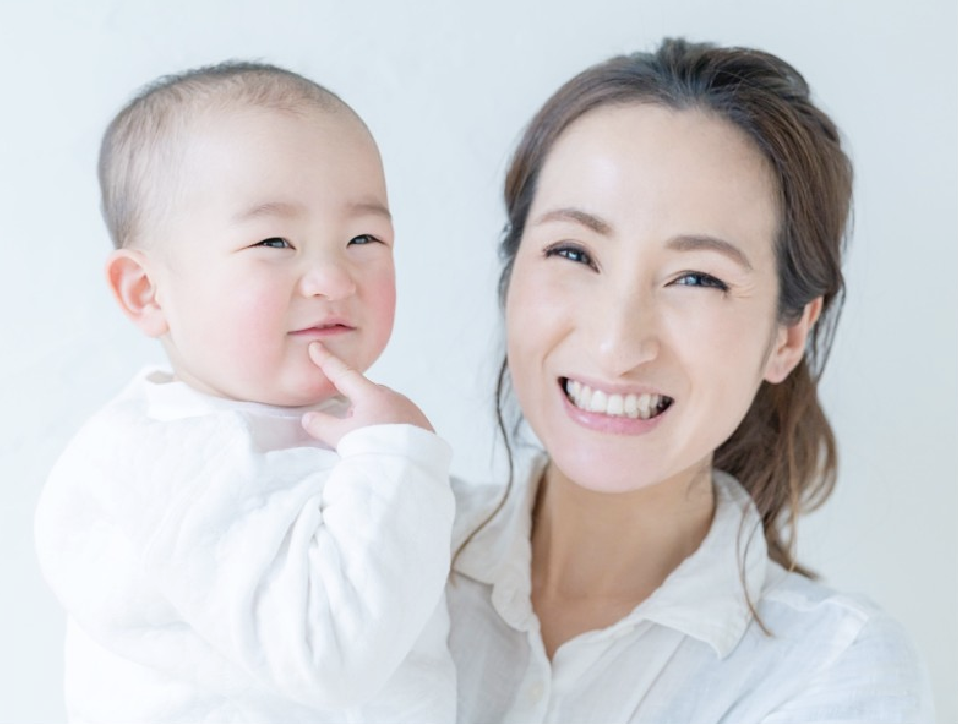
Market Definition
The mother and baby skincare segment covers any product that keeps a baby’s skin clean, moisturised and protected. This includes products such as body lotion, baby wash, massage oil, barrier cream, bath bubbles, sunscreen, etc.
The Global Market
In 2022, the global baby care products market size was $215 billion. By 2029, this figure is projected to reach $332 billion, representing a compound annual growth rate (CAGR) of 6.4% during the forecast period.
The Chinese Mother and Baby Skincare Market
China’s mother and baby care market has grown significantly in recent years, achieving annual sales of over $515 billion in 2021. By 2025, the market will reach total annual revenue of $678 billion.
In 2021, the Chinese baby care market was worth $12.73 billion. By 2027, it is projected to reach $24 billion, growing at a CAGR of 11.21%.
The total ecommerce revenue share of China’s baby care segment reached $4.4 billion in 2021 and is expected to reach over $6.7 billion by 2025.

Key Opportunity and Trends in China
In recent years, the market for products catering to Chinese mothers and their children has gradually increased. Children born after 2010 enter into a world full of beauty products and influencers constantly trying to garner their attention.
Several trends in this particular segment are unique to the Chinese market. These include the following:
1) Quality & Safety – As it is relatively niche, the children’s cosmetics sector in China has often lacked stringent regulations, leading to a market saturated with unlicensed manufacturers. Numerous high-profile safety scandals fuelled demand for products that meet high international quality standards. Chinese parents are seeking safer and high-quality cosmetics for their children. Foreign products that meet high standards often command a premium price among Chinese consumers.
In October 2021, to address concerns around child product safety, China’s National Medical Products Administration (NMPA) released its final version of Supervision and Administration Provisions on Children Cosmetics. This provided a specific definition as to what can be classed as a child’s cosmetics product – namely, any cosmetic product for children aged 12 and under, with the functions of cleansing, moisturising, body refreshing, sunscreen protection, etc.
An official mark was issued to enforce compliance with the regulation. The new logo must appear clearly on the top left corner on the packaging of all children’s cosmetics products.
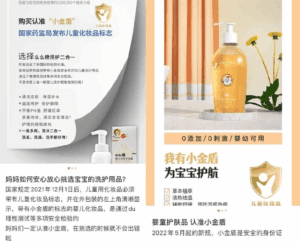
Source: Zhihu
2) Clean Credentials – There is growing awareness of the benefits of organic products among younger Chinese parents, who are increasingly focused on the quality of ingredients their children consume. Younger parents are more conscious when buying ‘clean’ products and are happy to pay a premium price. Yet, although safety and cleanliness are important to Chinese mothers, the actual competency of a product are still paramount.
3) ‘Spicy Mum’ Influencers – Many millennial Chinese mothers are commonly referred to as “spicy mums”. Instead of following traditional norms, they believe in having an identity separate from the family and a right to personal pursuits. They view premium brands as investments, rather than costs, and see those investments as a necessity for themselves and their kids.
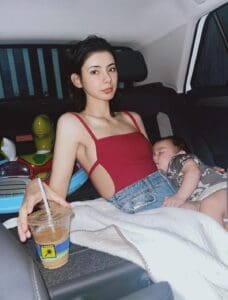
Source: TONG
Data from China’s ecommerce platform JD.com has shown that millennial born in the 1980s and 1990s make up 70% of the purchases of mother and baby products. Partnering with millennial mother influencers is an invaluable way to connect mother and baby care brands with China’s digitally-savvy mothers.
International Mother and Baby Skincare Brands in China
International brands are increasingly seizing on opportunities in the Chinese mother and baby care market. On Tmall Global, over 40 new overseas children care brands entered the Chinese market in 2021. Between 2020-2021, sales of children’s moisturisers, shower gels and sunscreens grew by almost three digits.
The market houses established industry players like Johnson’s Baby and Pigeon Global. Aveeno works with a Chinese digital healthcare platform called DXY, using popular livestreams with online influencers to reach consumers.
There are many other smaller overseas brands actively competing for market share in China. For instance, natural and organic French child skincare brand, Enfance, entered the Chinese market in early 2020. The company’s sales increased by 300% in the first half of 2021 alone.
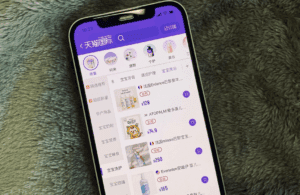
Source: Tmall Global
Newer international brands are also starting to make waves in China. Brands such as Evereden and Milk Baobab are becoming increasingly active in developing specific products for the Chinese market. Other entrants into the market include Mustela and Mama & Kids.
Local Chinese Mother and Baby Skincare Brands
At the same time, domestic Chinese children cosmetic brands are also proliferating. One example is children’s skincare brand, Dexter (戴可思). Founded in 2017, Dexter has reached approximately $5 million in monthly sales, attracting nearly $8 million in investment. Homegrown company, Burdock Biotechnology Co Ltd, who specialises in herbal-based mother and child personal care products, enjoyed a 30% increase in year-on-year sales in April 2022. In particular, its non-additive baby skin cream received lots of popular feedback on Xiaohongshu.
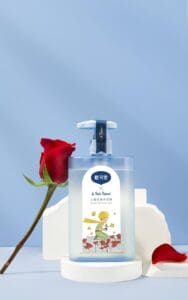
Source: Dexter
Mother and child brand Baby Elephant has also emerged as a strong force in the Chinese market, despite only being founded in 2016. Its signature product, Antarctic Cream, addresses demand for a high-end cream that solves skins problems like eczema and chapped skin. During a live-stream by one of Taobao’s top Chinese influencers, Viya, sold 28,000 units of the cream in just 5 seconds.
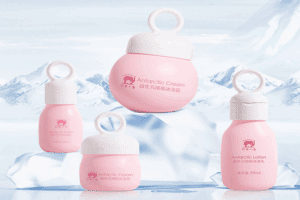
Source: ChemLinked
The company uses innovative marketing and product development strategies. It leverages scientific advances in formulas with ever-changing consumer demands for effective, safe, high-quality and eye-catching mother and baby care products. This is done by utilising consumer insights and staying up-to-date with the latest trends in marketing. Celebrity brand ambassadors such as Chinese actress Wang Ziwen endorse their products on Xiaohongshu, WeChat, and other social commerce platforms.
To conclude, China’s maternal and infant care market has grown steadily in recent years. Demands from Chinese parents for greater safety, functionality and efficacy within child care products has provided impetus for companies to improve their offerings to satisfy ever-changing demands. The sector is projected to continue growing and represents one of the more exciting opportunities for brands to show off their eye-catching and high-quality mother and baby care goods.
